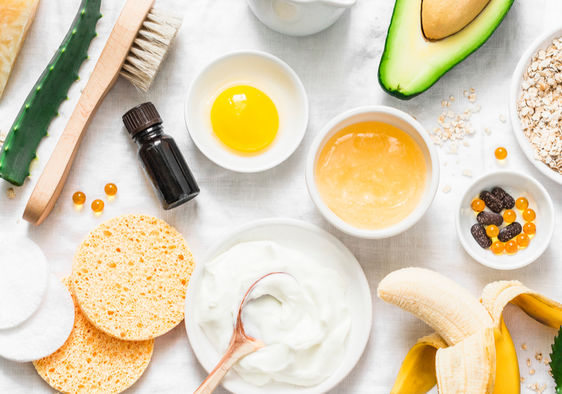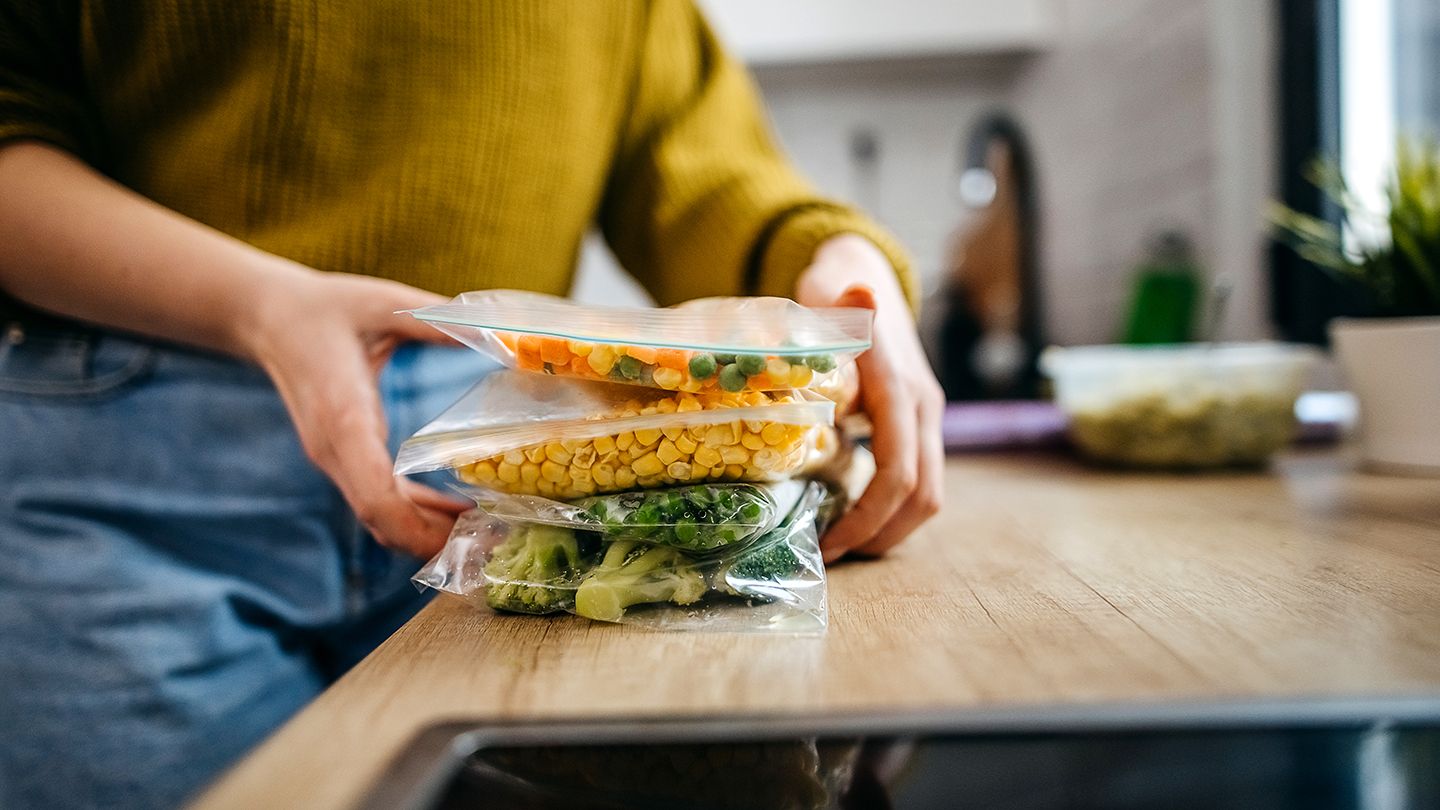Exercise Daily – You’ve come to the right place to build muscle mass and improve your physique. Building muscle requires a combination of proper exercise and a muscle-building diet. Let’s explore some essential sports nutrition tips that can help you increase muscle mass and strength. From understanding the importance of calorie intake and dietary protein to designing an effective meal plan, we’ll cover everything you need to know to maximize muscle growth and optimize your muscle-building journey.
This includes insights on the best quality protein sources like whey and casein and the role of fatty acids and carbohydrates in your diet. Additionally, we’ll delve into the systematic review and meta-analysis findings on protein and muscle hypertrophy to provide you with evidence-based recommendations.
Basics of Muscle Building
Before we dive into the specifics, let’s establish a foundation of knowledge about muscle building. When you engage in resistance training exercises, your muscles experience microscopic damage. To repair this damage, your body initiates a process called muscle protein synthesis, creating new muscle proteins. This results in muscle growth and increased strength over time.

The Role of Calories in Building Muscle
To build muscle, you need to consume more calories than you burn. This surplus of calories gives your body the energy to support muscle growth. However, it’s essential to strike a balance. Too many calories can lead to excessive fat gain, while too few can hinder muscle growth. Therefore, it’s crucial to determine your calorie needs based on your goals and activity level.
Macronutrients: Protein, Carbs, and Fats
When it comes to building lean muscle, paying attention to your macronutrient intake is vital. Here’s a breakdown of the three primary macronutrients and their role in muscle building:
Protein
Protein is often referred to as the building block of muscle. It provides the necessary amino acids for muscle repair and growth. Aim to consume high-quality protein sources like lean meats, poultry, fish, eggs, dairy products, and plant-based options such as legumes, tofu, and tempeh. Experts recommend consuming around 0.8 to 1 gram of protein per pound of body weight daily to support muscle synthesis.
Carbohydrates
Carbohydrates serve as the primary source of energy for your body. They fuel your workouts and help replenish glycogen stores in your muscles. Opt for complex carbohydrates like whole grains, fruits, vegetables, and legumes. These provide sustained energy and valuable nutrients to support your muscle-building endeavors.
Fats
Healthy fats are essential for hormone production and overall health. Include sources of unsaturated fats in your diet, such as avocados, nuts, seeds, olive oil, and fatty fish. While fats are calorie-dense, they are crucial in maintaining hormone balance and supporting muscle growth.

Designing Your Meal Plan
Building a well-balanced meal plan is a key component of your muscle-building journey. Here are some tips to help you create an effective meal plan:
Determine Your Calorie Needs
Calculate your total calorie requirements based on your goals and activity level. If you want to build lean muscle, aim for a slight calorie surplus. This surplus should be around 250-500 calories daily, depending on your needs.
Spread Out Your Protein Intake
Divide your protein intake evenly across your meals to ensure a constant supply of amino acids throughout the day. This approach optimizes muscle protein synthesis and supports muscle recovery and growth.
Prioritize Pre- and Post-Workout Nutrition
Consume a balanced meal containing protein and carbohydrates before your workout to provide your body with energy and support muscle performance. After your workout, focus on replenishing glycogen stores and promoting muscle recovery by consuming a protein-rich meal or shake.
Include a Variety of Nutrient-Dense Foods
Aim to include a wide range of nutrient-dense foods to ensure you get all the necessary vitamins, minerals, and antioxidants. Your meal plan should include colorful fruits and vegetables, whole grains, lean proteins, and healthy fats.
Stay Hydrated
Proper hydration is often overlooked but is crucial to muscle function and overall health. Aim to drink enough water throughout the day to support optimal performance and recovery.

Focusing on your diet and exercise regimen is crucial to gaining lean muscle. Consuming the right amount of protein, particularly from quality sources such as whey and animal protein, is important for building and maintaining lean mass. A well-balanced diet with various foods, such as protein shakes, can help you stay lean while promoting muscle development. We’ll also discuss how the national health and nutrition examination survey findings can guide dietary choices to prevent muscle loss and enhance muscle health.
Conclusion
Building lean muscle requires a combination of consistent exercise and a well-designed nutrition plan. You can optimize your muscle-building journey by understanding the importance of calories, macronutrients, and meal planning. Remember to consult with a healthcare professional or registered dietitian to personalize your nutrition program based on your individual needs and goals.
FAQs – Nutrition tips for building lean muscle
Q: How many calories should I consume to build lean muscle?
The number of calories you need depends on various factors, including weight, activity level, and goals. Aim for a slight calorie surplus of around 250-500 calories daily to support muscle growth while minimizing fat gain.
Q: Is it necessary to consume protein immediately after a workout?
Yes, consuming protein after a workout is beneficial for muscle recovery and growth. It helps provide the necessary amino acids to repair and rebuild damaged muscle tissue. Aim to consume a protein-rich meal or shake within an hour after your workout for optimal results.
Q: Can I build lean muscle without lifting heavy weights?
While lifting heavy weights is often associated with muscle building, it’s not the only way to build lean muscle. Resistance training can be done using various methods, including bodyweight exercises, resistance bands, or lighter weights with higher repetitions. The key is to challenge your muscles and progressively overload them over time.
Q: Can I build muscle on a vegetarian or vegan diet?
Yes, it’s possible to build lean muscle on a vegetarian or vegan diet. Plant-based protein sources such as legumes, tofu, tempeh, and seitan can provide the necessary amino acids for muscle growth. It’s essential to ensure you’re getting a variety of plant-based protein sources and combining them with other nutrients to meet your nutritional needs.
Q: How long does it take to build lean muscle?
The time it takes to build lean muscle varies depending on several factors, including genetics, training intensity, nutrition, and consistency. Generally, it takes several weeks to months of consistent training and proper nutrition to notice significant changes in muscle size and strength. Patience and consistency are key in the muscle-building process.




